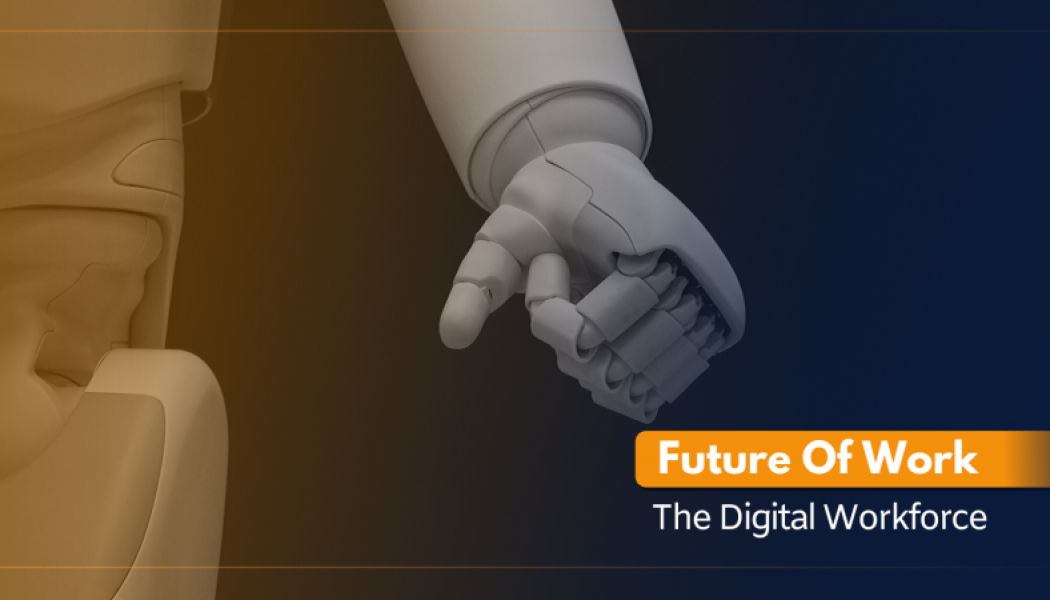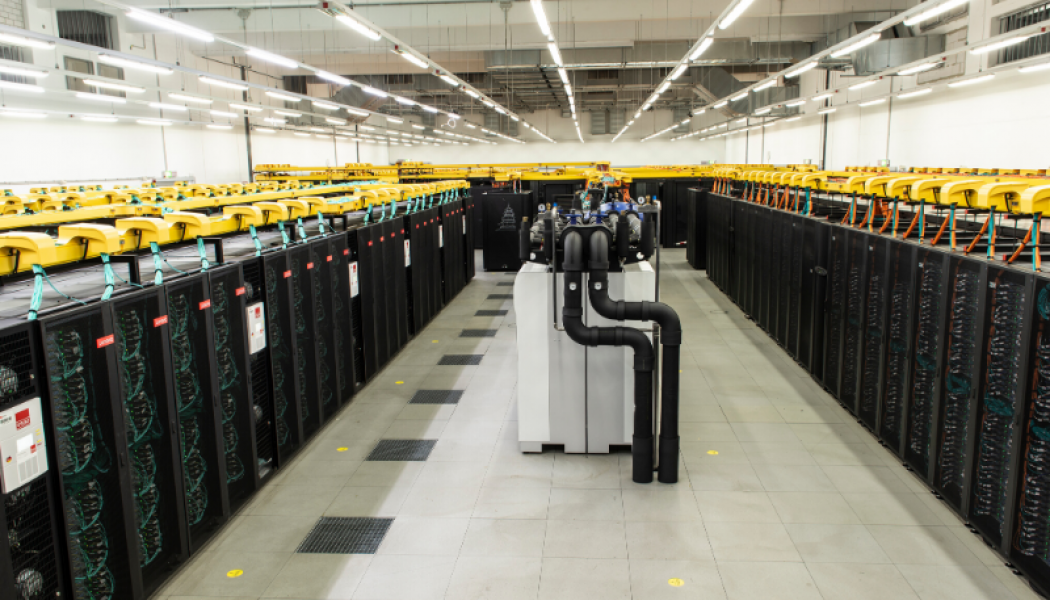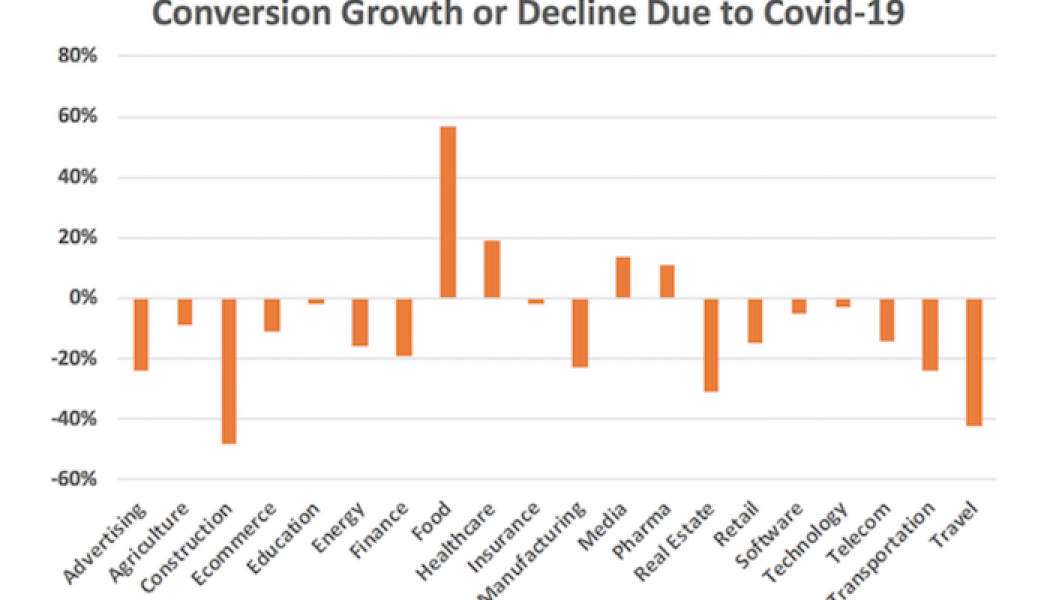Digital Transformation
The Future of Work – Becoming a Digital Workforce
Sourced from HCAMag.com The future of work has always been a popular topic for discussion, especially among HR and payroll practitioners. However, the current COVID-19 pandemic and the resultant lockdown many countries have experienced are fast-tracking discussions towards more practical interventions to prepare the workforce for what will be the new normal. “Even though many aspects of the Fourth Industrial Revolution (4IR) and the digitalisation of workforces have been theoretical, the impact of the global COVID-19 pandemic has forced management to rethink their approaches to employees and how they use technology to not only improve productivity but reinvent traditional processes,” says Ian McAlister, GM at CRS Technologies. More than just technology Consider artificial intelligence (AI)...
How Lenovo is Pursuing Sustainable Supercomputers
The Leibniz Supercomputing Centre (LRZ) in Munich, Germany, contains no ordinary supercomputer. Sure, it has thousands of servers, or nodes, stacked in rows in a windowless vault with technicians working diligently on huge data crunching conundrums for research organisations; running simulations to try and better predict future natural disasters like tsunamis and earthquakes. But it is eerily quiet. Almost too quiet. The familiar whir of hot air being whooshed away by power-hungry computers is almost entirely absent. Where are all the fans? Almost all gone, as it turns out. The LRZ SuperMUC NG, which uses massive arrays of Lenovo’s ThinkSystem SD650 servers, requires nearly no fans at all – just those for cooling the power supply units and in the in-row-chillers on every eighth row. As a r...
How to Adapt your Marketing Strategy for the COVID Era
Good marketing relies on a thorough understanding of your target market, but when much of what you knew about your customers is suddenly no longer relevant, a major shift is needed. With the onset of the coronavirus, almost every aspect of what was considered typical daily life was upended literally overnight – people confined to their homes, anxious about the future and their financial security. “The most important question you should be asking is: ‘How best can I connect with my customers during a crisis?’” says Gavin Knox-Grant, marketing guru and director of Karbon Media. “It’s not only during the pandemic that business will be different,” says Knox-Grant, “the way in which we all conduct business will be forever changed.” /* custom css */ .tdi_3_556.td-a-rec-img{ text-align: left; }.t...
Is Your Business Ready for the New Pace of Digital Transformation?
Sourced from Syspro. While digital transformation has ostensibly been on top of the CIO’s agenda for years, the reality is that many businesses have been slow on the uptake. Recent events like the lockdown in South Africa and across the world have forced their hand, and those that were on the back foot are now scrambling to keep up. However, when it comes to accelerating digital transformation, businesses need speed, not haste. Now more than ever it is essential to understand that technology is an enabler, a means to an end and not the end itself. In order to succeed, it is critical to begin with a strategy, to understand what business benefits need to be achieved and how technology can assist. No more delaying the inevitable /* custom css */ .tdi_3_558.td-a-rec-img{ text-align: left; }.td...
Why African Governments Must Continue Supporting Tech Systems
Sourced from Redbubble and iStock. For the first time in living memory, nations across the world have imposed strict travel restrictions to minimize the damage caused by COVID-19. Many countries have decided to pre-emptively close their borders and halt the spread and transmission of the virus. The current health crisis and the closure of borders remind us of the importance and origin of biometric technologies and African governments’ core ICT infrastructure when, only a few years ago, basic information systems were non-existent. Tracing the presence of foreign nationals within a particular country would have simply not been possible. As little as 20 to 30 years ago, many African nations had little to no ICT infrastructure embedded into government operations. Technologies that did exist el...
Bitcoin is Part of Mainstream Finance, says deVere CEO
Sourced from Ethereum World News. Bitcoin’s historic halving event on Monday underscores that the “long-term future of cryptocurrencies is secure”, says the CEO and founder of one of the world’s largest independent financial advisory organisations. The comments from deVere Group’s Nigel Green come as the world’s supply of Bitcoin was forever slashed. The highly anticipated halving event, occurring only every four years, means that less and less Bitcoin – which is limited to 21 million units – will now be mined. Monday’s was only the third ever halving. In 2012, the number of new Bitcoins issued every 10 minutes fell from 50 to 25. In 2016, it went down from 25 to 12.5. Now, in the 2020 halving, it will drop from 12.5 to 6.25. Nigel Green says that the “Bitcoin halving event has demonstrate...















